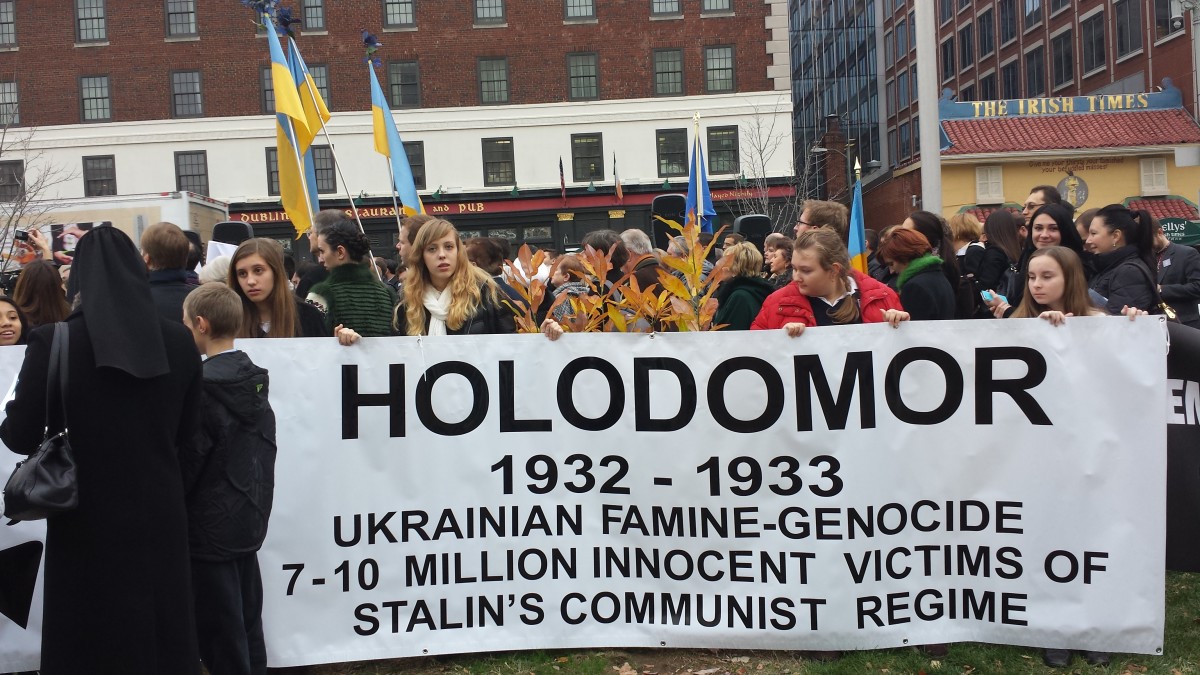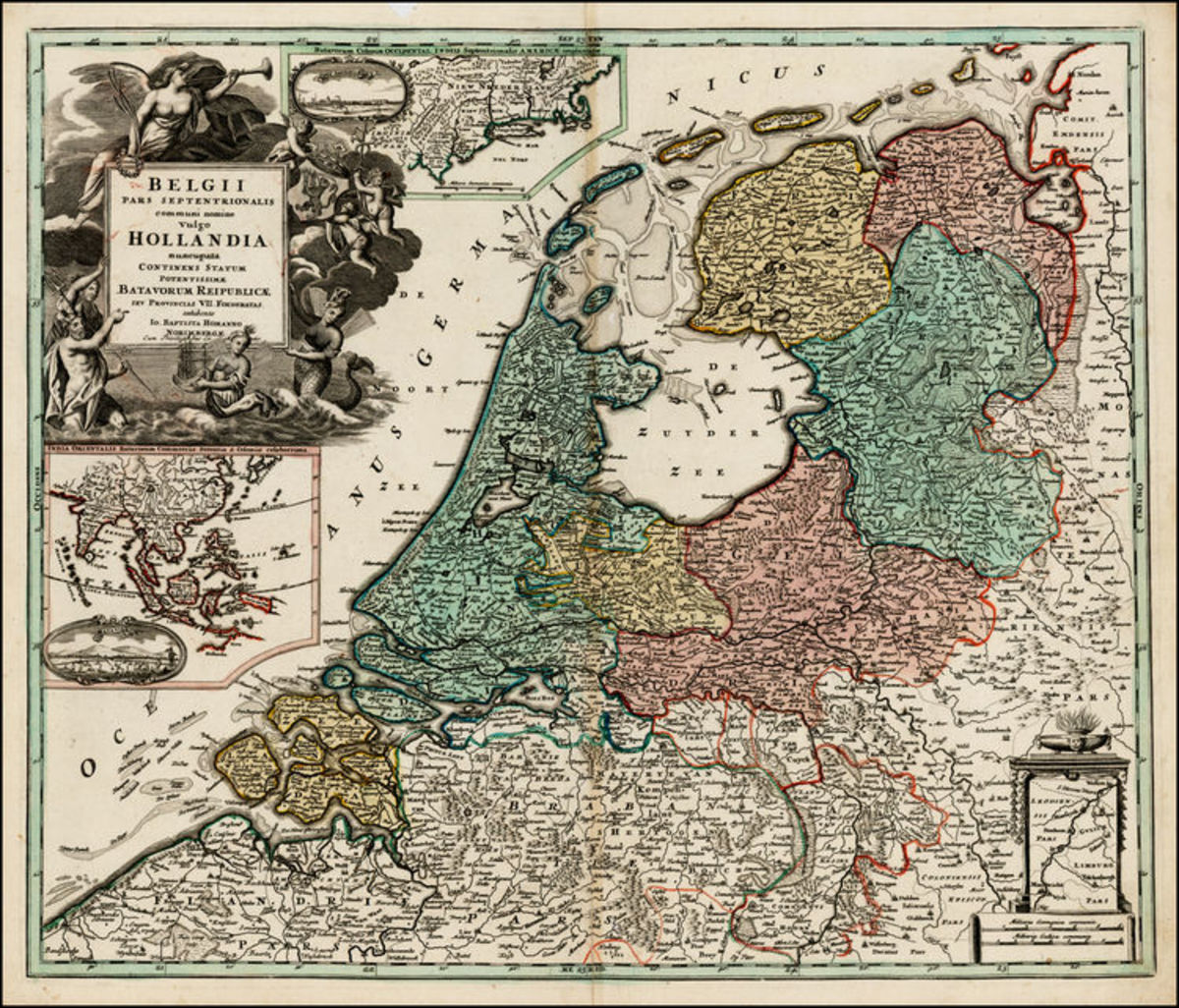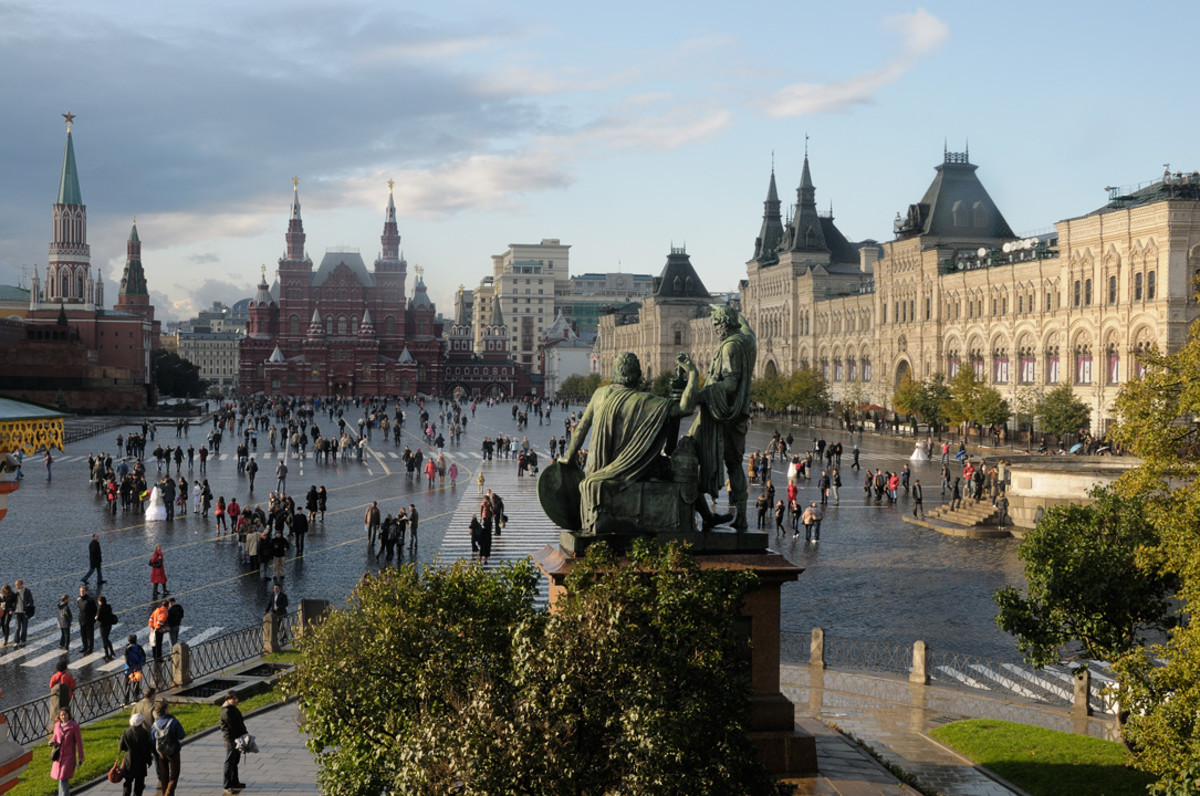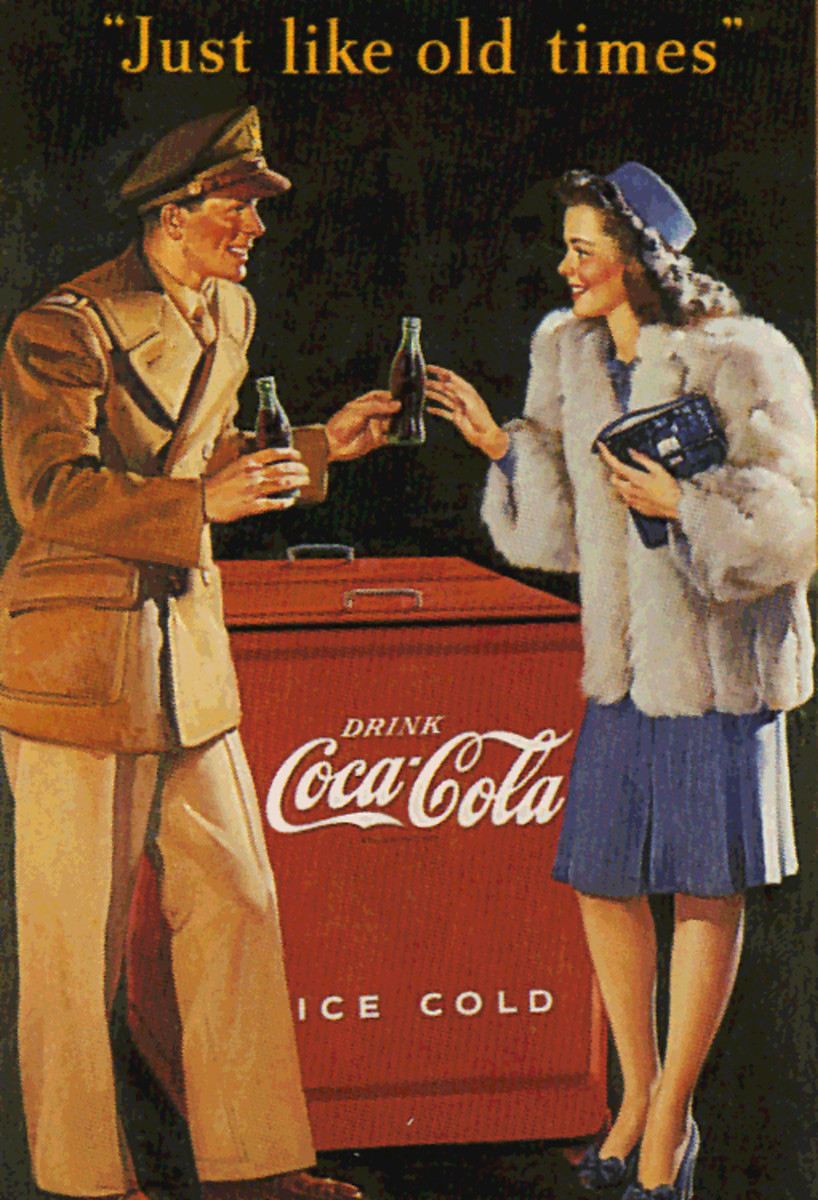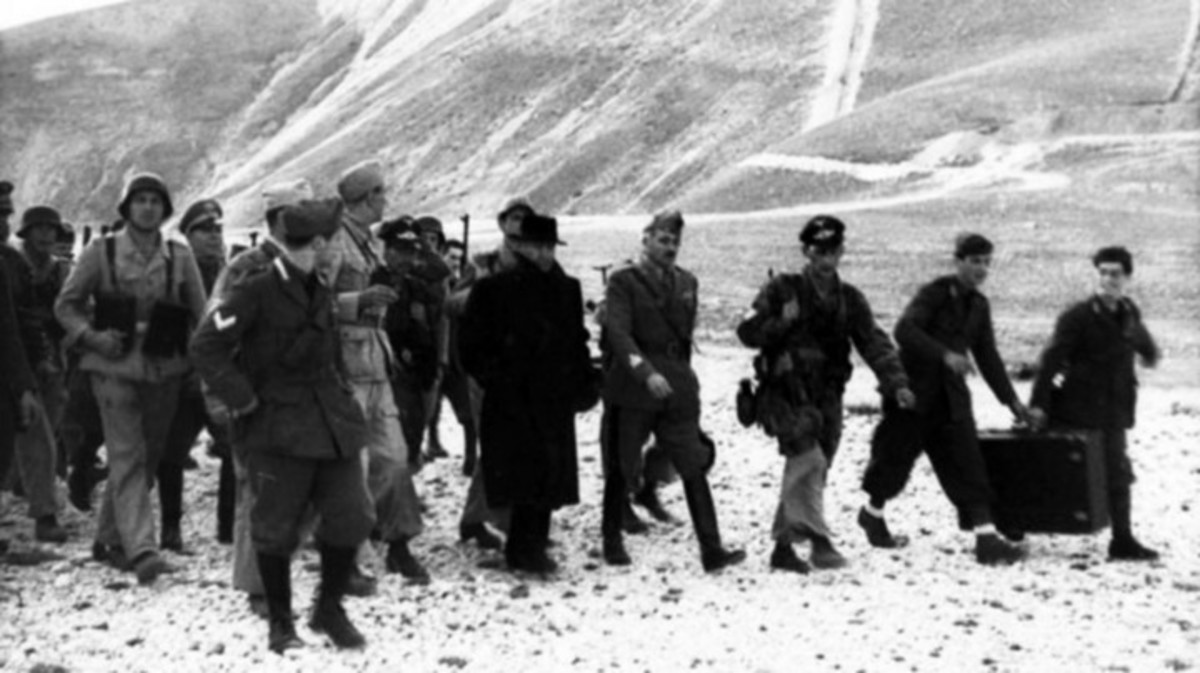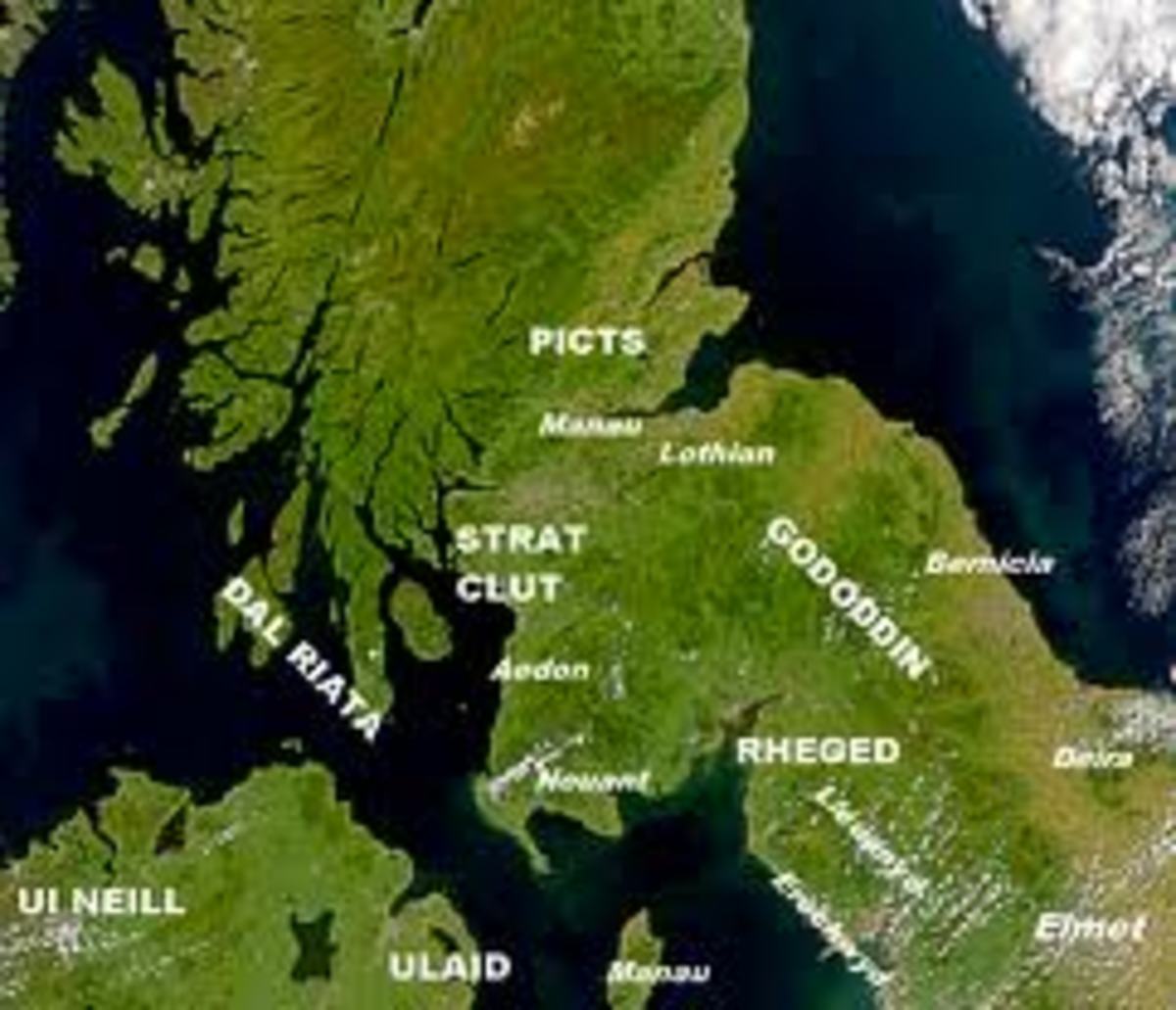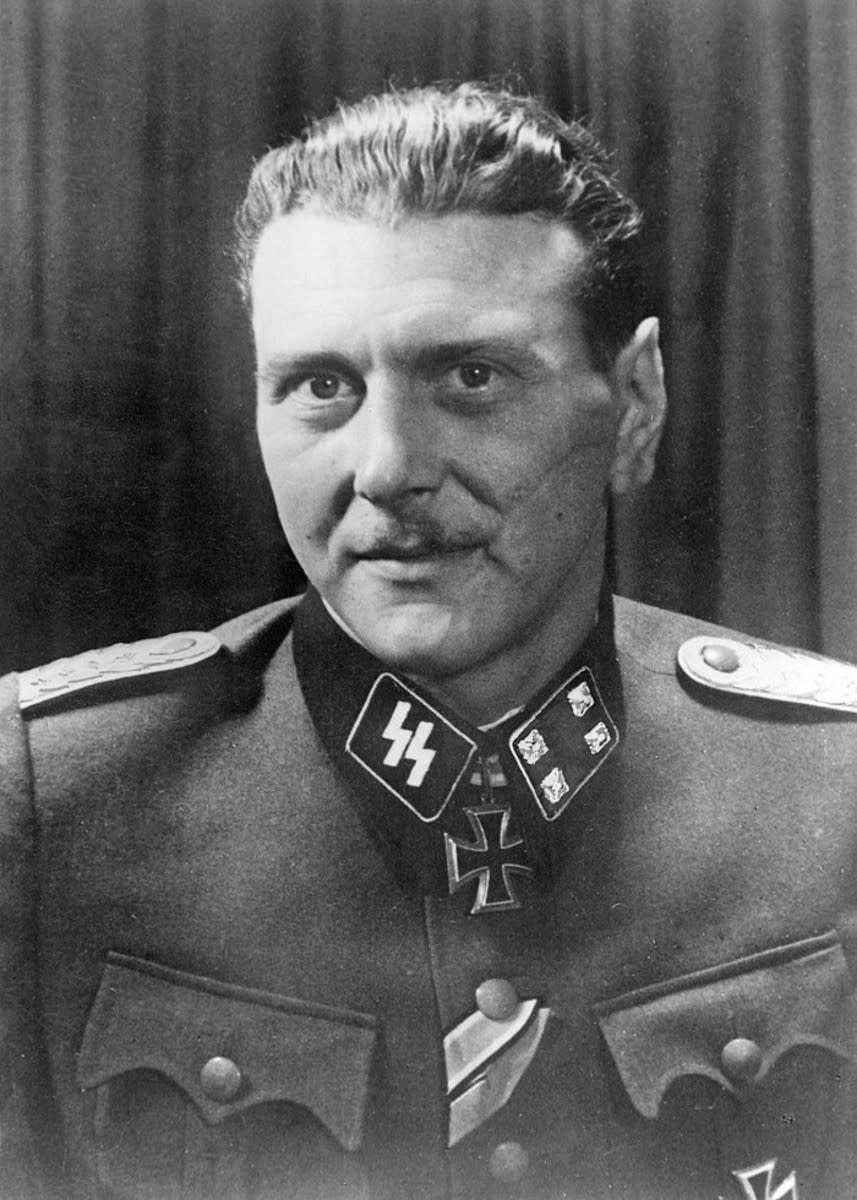IB Revision Notes - Comparison of European Dictators
The Faces of the Four
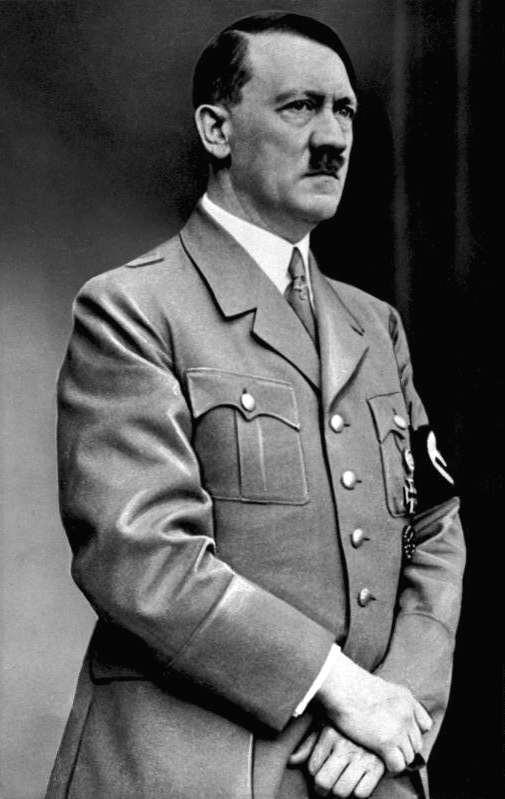
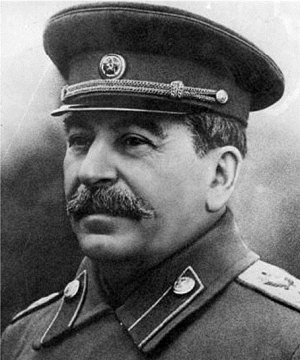
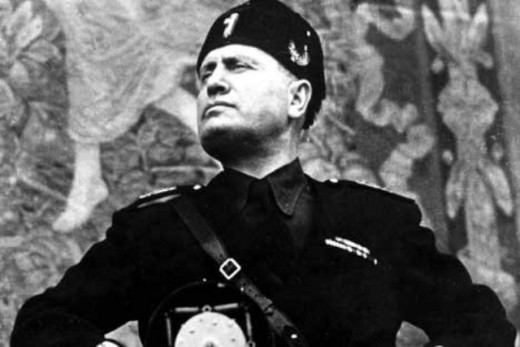
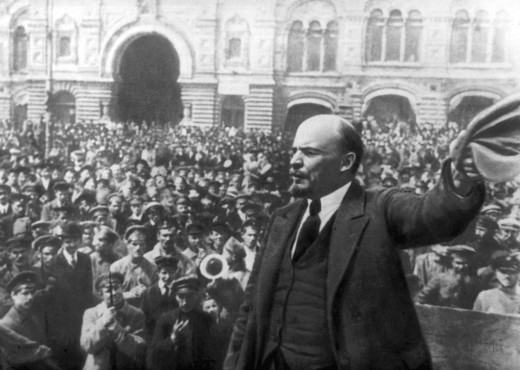
Lenin
- Lenin 1917-1924 Authoritarian/Socialism
- Rise to Power
- 1903-1917
- Starvation
- Economic Chaos
- World War 1
- Failure of Provisional Government
- Bolshevism
- Famine
- No industrialization
- Serfdom
- Tsardom
- Orator
- Feb. & Oct. Revolution
- Soviet Support
- Marxist-Leninism
- Centralized Democracy
- Consolidation of Power 1917-1921
- Cheka – Secret Police
- No Factualism
- Support of Army & Trotzky
- Censorship
- War communism
- New Economic Policy
- Civil War
- Domestic Policies
- Marxist “Classless” society
- “Peace, Bread & Land” slogan
- Abolishment of Private Property
- Cheka
- Constituent Assembly
- Extensive Nationalization
- Forceful requisition of grain
- Temporary abolition of money
- New Economic Policy
- Civil War
- Slight return to Capitalism during crisis
- Foreign Policy
- Separate peace with Germany
- 1917
- Treaty Of Brest-Litovsk
- Loss of Territories
- Increased influence in Asia
- Separate peace with Germany
Stalin
- Stalin 1928 – 1953 Totalitarian/Communism
- Rise to power = Consolidation of Power!!! 1924 – 1929
- General Secretary
- Member of Ogburo & Politburo
- Economic chaos
- Lenin’s Death
- Power Struggle
- Collective leadership – Zinoviev, Kamenev, Bukharin
- Trotsky
- Lenin’s funeral as propaganda
- No clear ideology, only self-interest
- Tactile
- Supported by peasants and workers
- Great Purges 1932 – 1936 of Army
- Domestic policies
- Increased military power
- “Socialism in one country”
- Slow increase in standards of living
- Dekulakisation – Purges
- Collectivization
- Infrastructure & Industry – Magnitogorsk
- Gulag labour camps
- Show trial of Bukharin
- Newspaper “Pravda”
- Starvation & Poverty
- Propaganda and Religion Ban
- Anti-Semitism
- Dictatorial Power
- Nationalism
- Socialist Realism
- Rearmament
- Foreign Policy
- Rapallo Treaty with Germany
- Molotov-Ribbentrop Pact
- World War 2 – Potsdam, Teheran, Yalta conf.
- Atomic Age
- Cold War
- Korean War
Mussolini
- Mussolini 1922-1945 Authoritarian Fascism
- Rise to Power
- Mutilated Victory of Versailles
- Power given to him by King
- Economic Chaos
- March on Rome
- Proportional representation
- Blackshirts
- Nationalism
- World War 1
- Anti-socialist movement
- Paramilitary troops
- Supported by the army and elite
- Orator
- Consolidation of Power
- No economic change
- Secret Police
- Murder of political opp. – Matziotti
- Concordat with Catholic Church
- Propaganda
- Domestic Policies
- Propaganda – Personality cult, orator
- Church & Religious support
- Battle of Birth – increase in Population
- Battle of Grain – increase in food supply
- Doppolavoro – rest & recreation
- Nationalism – Oath
- “Believe, Obey, And Fight!” Slogan
- Industrialization
- Fascism
- Poor armament
- Youth movement
- Altering of educational system
- Foreign policies
- Opposition of Versailles settlement
- World War 2 with Hitler
- Rome-Berlin axis
- Involvement in Spanish civil war
- Colonization of Abyssinia
- Silo republic
Hitler
- Hitler 1933 – 1945 Totalitarian/Nazism
- Rise to Power
- Mein Kampf book
- Nationalism
- Orator – Goebbels, Goering
- Munich Putsch
- World War 1 Veteran
- Fascism
- Unemployment
- Great Depression
- Versailles Treaty
- Weak Weimar Republic
- Anti-socialist movement
- Ruhr crisis
- Propaganda
- Legal rise to power through electoral support
- Elitist support
- Von Hindenburg & Von Papen
- Consolidation of Power
- Reichstag Fire – against socialists
- Propaganda
- Gestapo & SA
- “Enabling Act”
- Night of the Long Knives – internal purge
- Single Party State
- Domestic Policies
- Gestapo
- Social Darwinism
- Gleichschaltung & Lebensraum
- Anti-Semitism, Anti-Socialism
- Holocaust
- Volksgemeinschaft
- Forced labour
- Total censorship
- Propaganda, media, oratory
- No opposition
- Armament
- General conscription
- Hosbach Memorandum & Wahnsee conference
- Concentration Camps
- Ghettos
- Extermination camps
- Foreign Policy
- World War 2
- Revision of Versailles Treaty
- Left League of Nations
- Fortress Europe
Expansion

